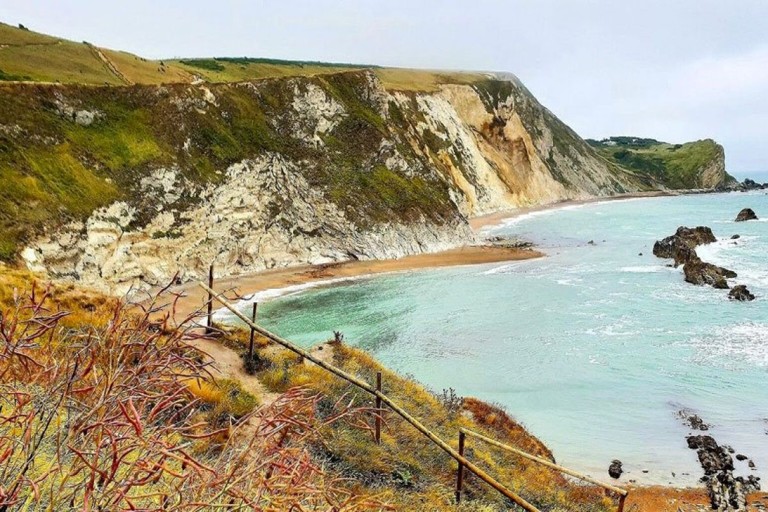Coastal Escapes: Hidden Corners of the British Isles
From secluded Scottish coves to Cornish harbours, travellers are embracing quieter destinations that combine natural beauty with sustainable tourism and cultural heritage.

Along the rugged edges of the British Isles, where cliffs meet untamed seas, a quieter kind of travel is taking hold. Away from crowded resorts and tourist hubs, explorers are rediscovering the simple beauty of coastal villages, wind-swept beaches, and sheltered harbours. These hidden corners, scattered from Cornwall to the Outer Hebrides, tell stories of resilience, community, and connection to nature.
In Northumberland, the fishing village of Craster offers a glimpse into coastal life untouched by mass tourism. Locals still smoke kippers in traditional huts, and visitors walk the coastal path toward Dunstanburgh Castle, where seabirds wheel overhead. ‘It’s peaceful here,’ says resident Alice Fenwick. ‘The sea decides your rhythm. You learn to live by its moods.’
Farther south, the Cornish town of Mousehole charms travellers with its cobbled streets and pastel cottages overlooking a tidal harbour. Artists have long flocked here for its light — a luminous quality that seems to soften both sky and sea. In recent years, sustainable tourism initiatives have helped preserve its fragile beauty, encouraging visitors to travel mindfully.
The Scottish Highlands, too, offer breathtaking coastal escapes. Along the North Coast 500 route, travellers encounter wild seascapes framed by heather-covered hills. Remote beaches like Achmelvich and Sandwood Bay remain largely untouched, their turquoise waters rivaling Mediterranean hues. Locals say it’s the isolation that makes them precious — and the journey that makes them meaningful.
Meanwhile, on the Isle of Harris, the marriage of tradition and modernity is visible in every landscape. Crofters still weave Harris Tweed by hand, while eco-lodges welcome visitors seeking solitude and starlight. Photographer Isla Macrae describes the island as ‘a place that reminds you how small you are, but in a comforting way.’
Environmental conservation plays a growing role in these regions. Coastal clean-up efforts and wildlife sanctuaries have become central to community life. Organisations like the National Trust and the Marine Conservation Society are working alongside local volunteers to protect shorelines for future generations. Travellers, in turn, are encouraged to tread lightly, respecting fragile ecosystems.
In a time when global travel feels increasingly hurried, the British coastline offers a gentler invitation — to slow down, to listen to the sea, and to rediscover what it means to belong to a place. For those willing to wander beyond the guidebooks, the edges of the Isles hold not just scenery, but a sense of serenity that can’t be manufactured.